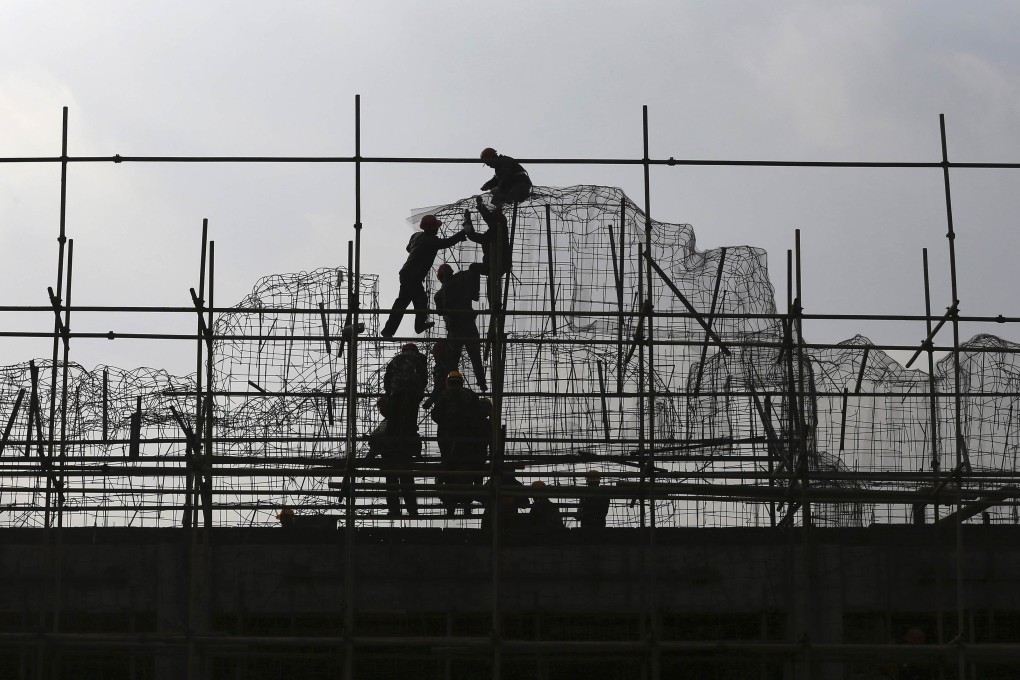Opinion | Debt-laden local governments must get back to the basics of budgeting
Hu Shuli says local officials under pressure from Beijing to keep afloat need to curb their spending excesses and find new streams of revenue

Two pieces of recent news have piqued market interest. First, local governments have reported their latest debt statistics to the Ministry of Finance. The numbers have not been made public, but sources say many officials have reported large amounts, in an attempt to account for as much debt as possible.
Second, in an attempt to revive the flagging property market, many local governments are easing requirements for the housing provident fund, which offers mortgages subsidised by the government. Some have also raised the loan-to-value ratio, extended the loan period and decreased the down-payment ratio for those buying their second property.
These two pieces of news point to one conclusion: the good times are over for local governments.
Despite the mismatch between government powers and their fiscal responsibility, local officials had nevertheless managed to keep their coffers flush with funds. While the economy grew at a breakneck speed, local government revenues increased at an even faster pace, often by 20-30 per cent and more - thanks in part to the pro-cyclical nature of the taxation system.
Further, the property boom also allowed them to make record sums from the sale of land. Even in the throes of the global financial crisis, local governments' land revenues rose rather than decreased. Using land as collateral, they were also able to borrow substantial sums from banks.
Inevitably, such exponential growth cannot be sustained, as the factors that enabled it began to weaken. For one, the Chinese economy is in the midst of transition, and the pace of growth has slowed. Thus, so have government revenues.
According to the finance ministry, in the first 11 months of 2014, local government revenues increased by 6.4 per cent year on year - slower even than the growth in gross domestic product, a first in many years. Separately, many provincial and regional governments have reported that their fiscal income last year grew at a slower pace than previously, with most falling between 7 to 8 per cent. The slowdown is especially noticeable in provinces boasting rich resources or traditional industries.
